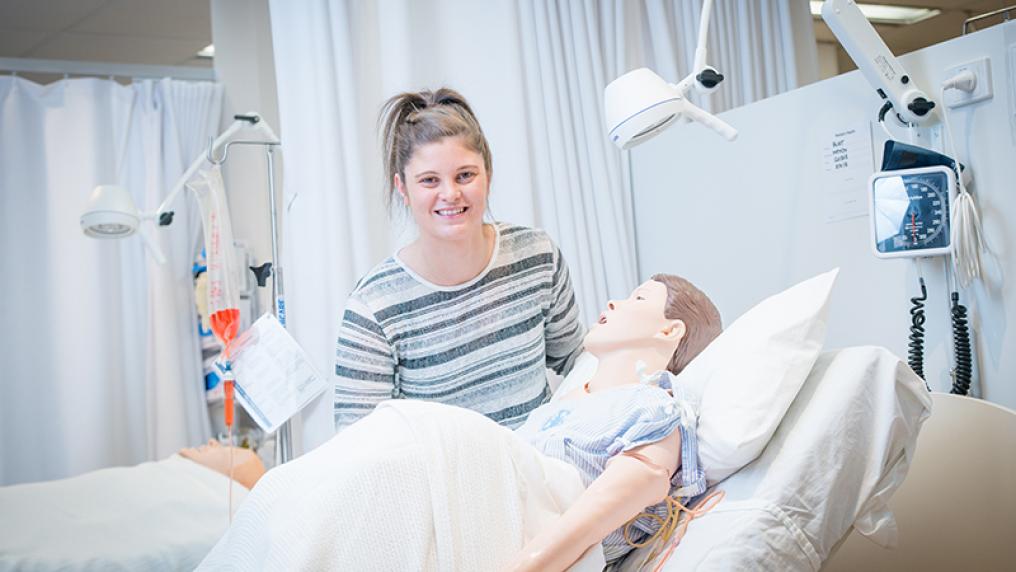Nursing & midwifery placements
Professional placement is a highly valued and compulsory part of the Bachelor of Nursing and Bachelor of Midwifery/Nursing.
Overview
Engagement and completion of all professional practice units inclusive of 800 placement hours for Nursing and 1656 hours for the Dual Degree is essential to achieve the overall requirements of the course.
This is required as evidence for the Nursing and Midwifery Board of Australia (NMBA) to be eligible for graduate registration with the Australian Health Practitioners Regulation Agency (AHPRA).
There is a PEP Communication page set up for each course via VU Collaborate.
HBMA Professional Practice VU Collaborate
HBNB Professional Practice VU Collaborate
This will provide students with access to the following information:
- Key dates and deadlines
- Professional practice rules and expectations
- Forms (including mandatory pre-placement documentation)
- Australian Nursing Standards Assessment Tool (ANSAT)
- Professional practice news and updates (including last-minute placement opportunities).
Mandatory pre-placement requirements
Students enrolled in the Bachelor of Nursing and Bachelor of Midwifery/Nursing are required to complete the following mandatory pre-placement requirements each year by a specific due date before they will be permitted to commence clinical placement.
Mandatory documents are those documents that Victoria University is required to collect from each student to meet contractual, Occupational Health and Safety, and legal agreements with the DHHS and partnering health facilities, including:
- mask fit testing
- fit2work police check
- vaccination/immunisation requirements
- working with children check
Note:
There are additional costs associated with clinical placement including, the purchase of a student clinical placement uniform, all mandatory pre-placement requirements (such as the annual police check) travel, accommodation, and meals while the student is attending placements.
VU WIL
VU WIL (In Place Student Placement Portal) is the online portal for students to upload all pre-placement and mandatory document requirements. This can be accessed via MyVU Portal. Alternatively, login here:
All mandatory documentation forms and supporting documents must be submitted in VU WIL (InPlace) by the due dates in order to be allocated placement.
All student placements will be allocated and viewed via VU WIL (InPlace).
Students will be required to accept the Terms and Conditions within VU WIL (InPlace).
Placement locations
It is an expectation that you undertake both metropolitan and rural PEP allocations.
You are enrolled in theory sequences that lead to PEP allocation over the duration of your course.
Travel within the Bachelor of Nursing and Bachelor of Midwifery/Nursing is an expectation.
Professional practice allocations are a compulsory requirement.
It is a requirement that you attend your allocated PEP regardless of geographic allocation.
Travel away from your place of residence to undertake shift work will be required for the duration of the course.
Placement fees
The cost of the placement is covered by your student fees for enrolment in the relevant PEP unit.
You will be charged a placement fee if you don't comply with minimum standards for external placements such as:
- student and/or professional misconduct
- failure to attend an allocated clinical placement
- failure to meet mandatory documentation or other requirements
- withdrawing from placement units outside of the cancellation notice period
- failure to comply with University and/or Provider Policies and Procedures.
Uniform requirements
All students are required to attend placement wearing the prescribed uniform.
Purchase your uniform from VU's Uniform Portal.
VU stories




